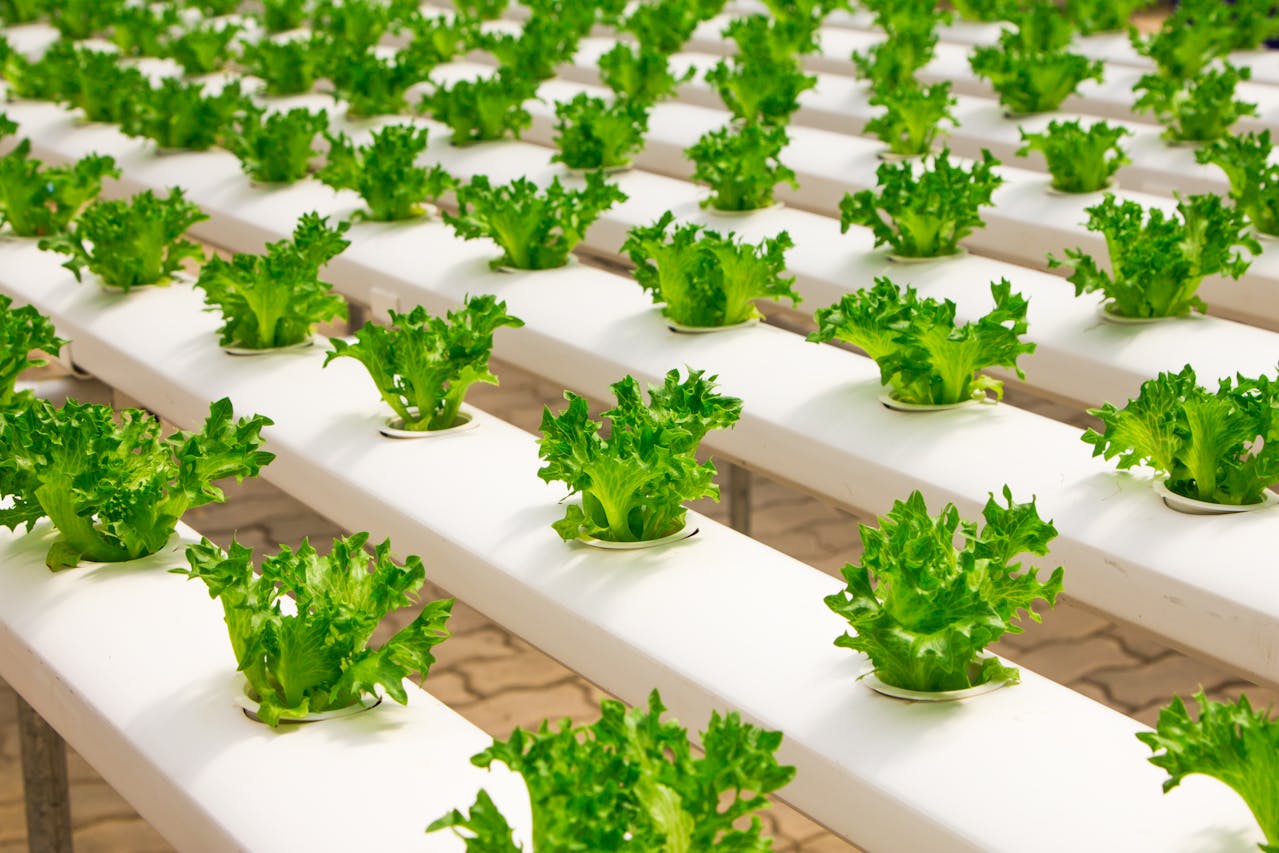What is Organic Farming?
Organic farming is an agricultural system that emphasizes the use of natural processes and materials to grow crops and raise livestock. It avoids synthetic chemicals, such as pesticides and fertilizers, genetically modified organisms (GMOs), and artificial additives. Instead, it relies on techniques such as crop rotation, composting, biological pest control, and the use of organic fertilizers like manure.
Key Practices in Organic Farming
- Natural Fertilization: Using compost, manure, and green manure to enrich soil fertility.
- Crop Rotation: Growing different crops in a sequence to prevent soil depletion and reduce pests.
- Biological Pest Control: Utilizing natural predators or repellents instead of chemical pesticides.
- Conservation Tillage: Minimizing soil disturbance to maintain soil structure and biodiversity.
- Cover Crops: Planting crops that protect soil from erosion and add organic matter.
- Animal Welfare: Raising livestock under humane conditions with organic feed and without growth hormones or antibiotics.
Benefits of Organic Farming for the Environment
- Soil Health:
- Organic farming enhances soil fertility and structure by increasing organic matter and microbial activity.
- Practices like composting and crop rotation prevent soil erosion and degradation.
- Reduced Pollution:
- Avoiding synthetic pesticides and fertilizers reduces water contamination and chemical runoff.
- Protects nearby ecosystems from harmful pollutants.
- Biodiversity:
- Encourages a diverse range of plant, animal, and insect species by providing habitats through hedgerows and cover crops.
- Reduces the risk of monoculture-related vulnerabilities.
- Climate Benefits:
- Organic soils store more carbon, helping mitigate climate change by reducing greenhouse gas emissions.
- Organic farming uses less energy compared to conventional farming because it avoids energy-intensive synthetic inputs.
- Water Conservation:
- Organic farming methods improve soil’s water retention capacity, reducing irrigation needs and preventing water wastage.
- Reduced contamination ensures cleaner water systems.
- Healthier Ecosystems:
- Promotes pollinator populations (bees, butterflies) crucial for crop pollination.
- Protects beneficial insects and wildlife from harmful chemicals.
- Resilience to Climate Change:
- Organic farms are often more resilient to extreme weather due to improved soil structure and biodiversity.
